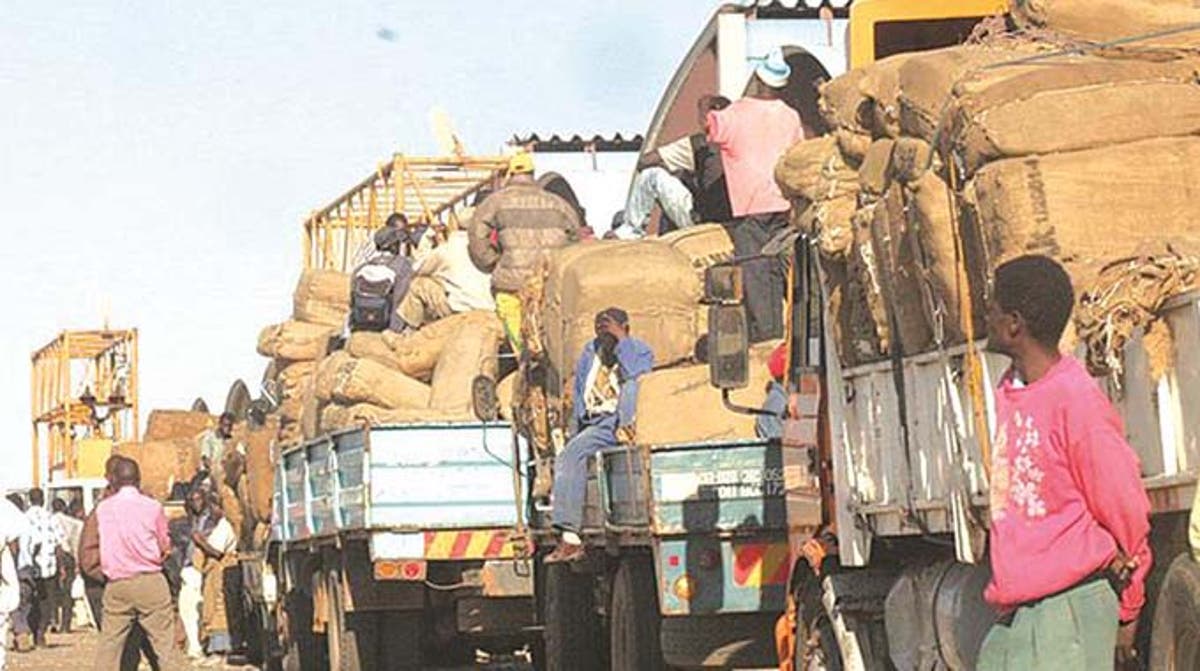Insurance firm partners Bulawayo vendors on risk cover
THE Bulawayo Vendors and Traders Association (BVTA) has partnered with Champions Insurance Company to roll out an insurance scheme meant to cushion informal sector traders from possible risks or losses while doing their business.
The scheme is targeted at cushioning traders in the informal sector from socio-economic vulnerabilities as the sector has unique characteristics.
Early this year, one of the thriving factories along Nketa Drive adjacent to Mpopoma Park was razed down by a raging fire, which left more than 300 entrepreneurs stranded.
Top-of-the-range sofas, wardrobes, kitchen units, tables, tombstones, and wooden doors made to the customer’s specifications were reduced to ashes. Reflecting on this incident, BVTA executive director Mr Michael Ndiweni has said the informal insurance scheme was critical for informal sector players as it allows contributors to receive risk cover by contributing for 12 months with room to renew.
“BVTA through its investment arm ‘Bulawayo Business Hub’ in partnership with Champions Insurance Company, has rolled out an informal sector insurance scheme for its members,” he said.
“The scheme has its packages, which are bronze, silver, and gold. These packages encompass the hospital cash plan, medical aid, fire policy, funeral cover, and for the gold plan there is motor insurance.
“For medical aid, the benefits include, maternity, dental, optical, prescribed medical limit and radiotherapy, and ambulance, among others.”
Recently, Mr Ndiweni said they held a meeting with BVTA executive committee members who strongly welcomed this initiative.
“They are willing to join the scheme taking into consideration that we can’t prevent risks that might happen but the scheme will cushion them in case of emergency,” he said. Mr Ndiweni said the scheme provides the sector with affordable rates where the least contributor will pay out as little as US$5 per month and US$15 for the gold package for insurance cover.
The informal sector has become the dominant economic player in Zimbabwe but major service providers like insurance companies and financial providers are still lacking schemes and packages drafted specifically for the sector.
This has seen the sector having no social security schemes or insurance for their businesses and for their retirement. It is for this reason that the Government has sought to prioritise the development of SMEs and facilitate their formalisation and provision of decent workspace.
However, due to the continuous growth of the sector and the contributions it makes to the economy, the Government and other private players are now keen to work with informal players.
The National Social Security (NSSA) recently announced its intention to introduce an informal sector scheme, a move that has received positive feedback by the players. NSSA’s proposed scheme is in line with Vision 2030 and the National Development Strategy 1, which builds momentum towards a prosperous upper middle-income economy by 2030.
Under the National Development Strategy 1 (NDS1), the blueprint that guides the country’s development between 2021 to 2025, unlocking the potential of SMEs is one of the critical steps toward fostering inclusive economic transformation.
According to the National Financial Inclusion Strategy II (NFIS-II) document launched by the Government late last year, only four percent of small and medium enterprises have business insurance cover and uptake of climate-related insurance remains minimal. —chronicle









